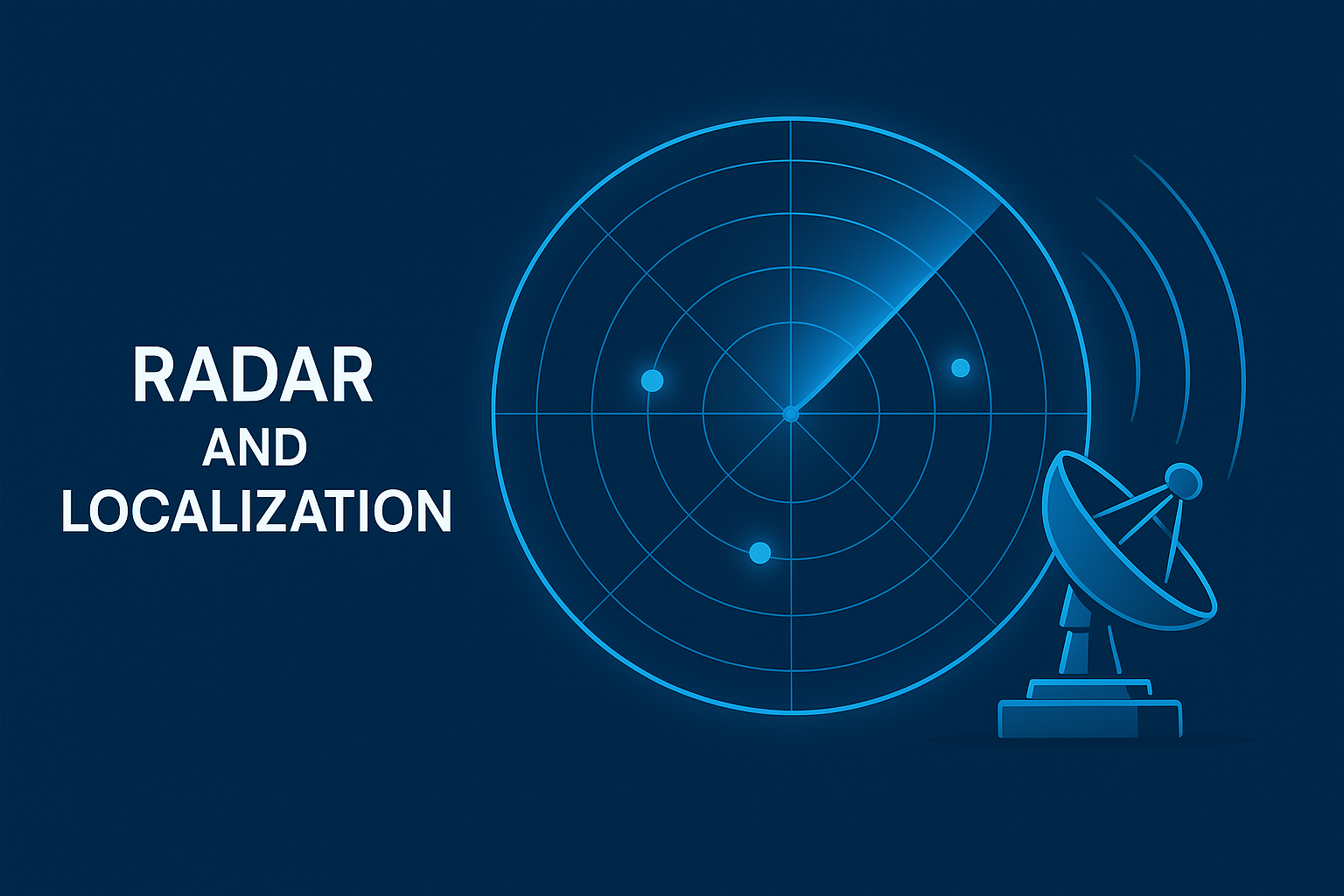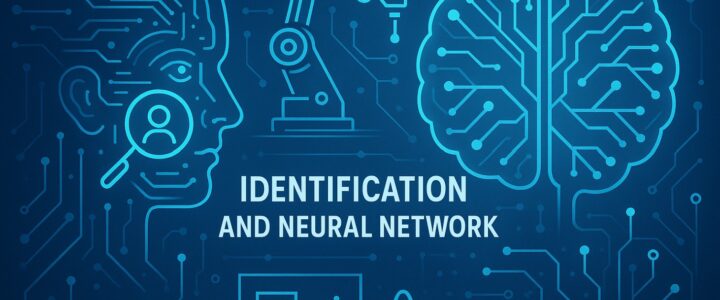| 2 YEAR | II semester | 6 CFU |
| Prof. Mauro Leonardi | A.Y. 2025-26 |
|
|
(By ICT) |
| Code: 80300159 SSD: ING-INF/03 |
LEARNING OUTCOMES: Knowledge of the main applications and operations of radar systems with the necessary basic elements (both theoretical and technical-operational).
KNOWLEDGE AND UNDERSTANDING: Being aware, at the system level, performance in terms of scope, discrimination, ambiguity, Doppler filtering
APPLYING KNOWLEDGE AND UNDERSTANDING: knowing how to deal with new problems with the methods learned
MAKING JUDGEMENTS: the ability to choose among the various methods learned the proper one to face new problems and radar design.
Syllabus – Radar Systems
1. Fundamentals
-
General information on radar.
-
Spectrum usage.
-
Radar measurements:
-
Distance.
-
Radial velocity.
-
Angular location.
-
2. Radar Equation and Propagation
-
Fundamental radar equation.
-
Receiver and antenna noise.
-
Propagation: attenuation and reflections.
-
Losses.
3. Radar Cross Section and Target Models
-
Radar Cross Section (RCS).
-
Target fluctuation models:
-
Slow fluctuation.
-
Rapid fluctuation.
-
4. Target Detection
-
Detection of fixed targets.
-
Detection of moving targets.
-
Pulse integration.
5. Decision Theory and Radar Detection
-
Decision criteria.
-
Detection with a single pulse.
-
Detection with N pulses.
6. Radar Types
-
Pulsed radar.
-
Continuous Wave (CW) radar.
-
Frequency Modulated Continuous Wave (FMCW) radar.
-
Automotive radar.
 UNIVERSITA' DEGLI STUDI ROMA "TOR VERGATA"
UNIVERSITA' DEGLI STUDI ROMA "TOR VERGATA"

